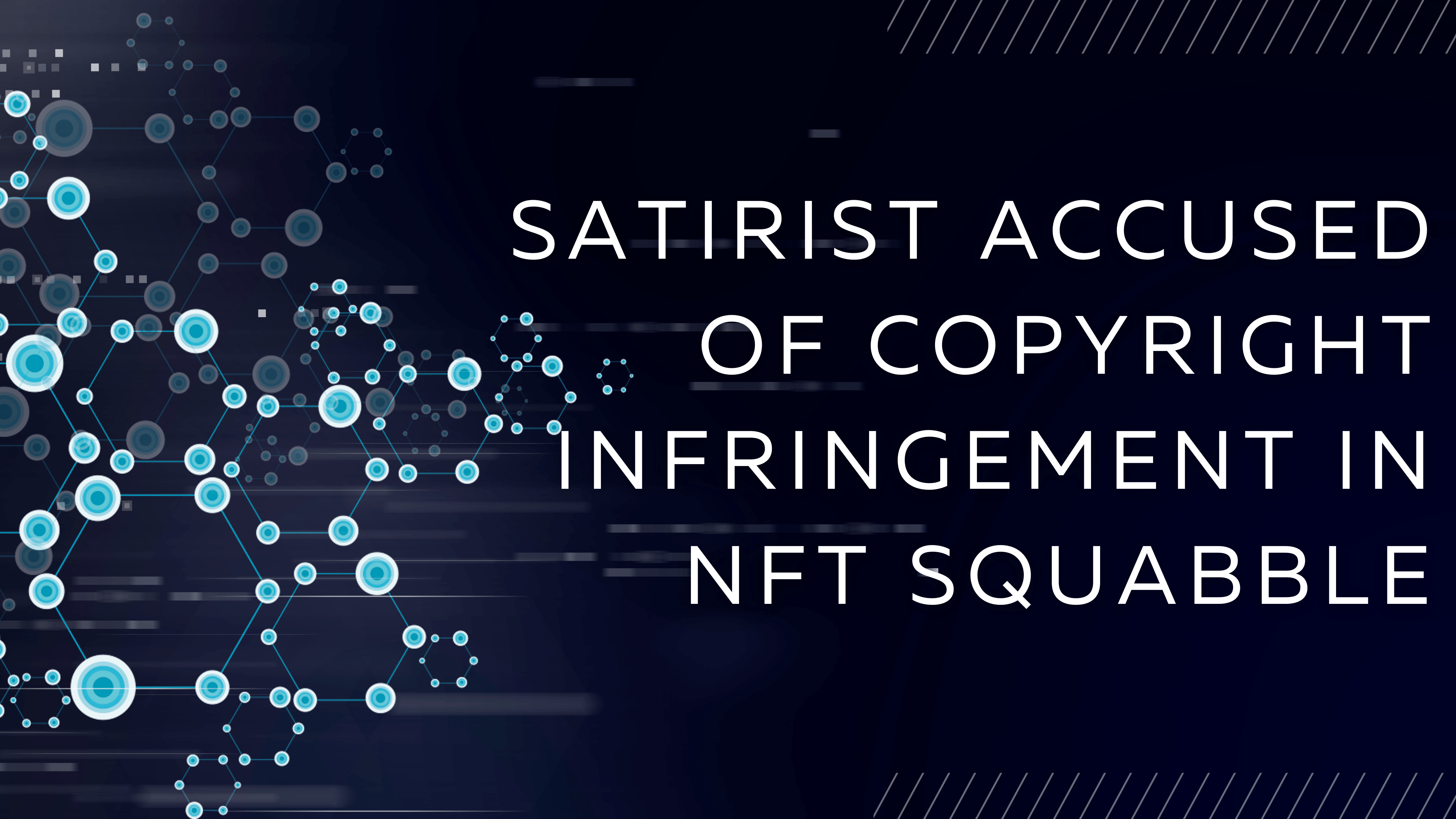What are NFTs again?
Non-fungible tokens, or NFTs, are a form of digital collectible. While they can be copied and reproduced, the original is secured on a blockchain just like Bitcoin. The first NFTs were digital trading cards that could be traded and collected, even sold online. Today, you can make NFTs out of just about anything, including different types of original artworks. But if anyone can copy them, how do you enforce the copyright?
Recent Copyright Lawsuits Involving NFTs
In a recent lawsuit filed by the creator of Bored Ape Yacht Club NFTs, a “satirist” is accused of copyright infringement after creating NFTs that look substantially like Yuga Lab’s Bored Ape NFTs. These, known as Ryder Ripps NFTs, are at the center of a copyright infringement lawsuit. Yuga Labs, the progenitor of the original Bored Ape NFTs believes that Ryder Ripps is sowing the seed of confusion by mixing his satirical spin-offs with the highly-profitable NFTs created by Yuga Labs.
Yuga Labs is demanding Ryder Ripps cease production of the offending NFTs and compensate the company for financial losses related to the confusion surrounding Bored Ape NFTs. If another company is producing a similar copyrighted product making it difficult for collectors to tell the difference between the original Bored Ape and the spin-off, that could dilute the value of their collectible.
Specifically, What is Ryder Ripps Being Accused of?
They are being accused of ripping off Bored Ape’s original work, connecting it to a different blockchain token, and then selling it at a fraction of the value of the original collectible. They contend that the only point of the effort is to cause financial harm to Yuga Labs. In other words, the satirist is accused of profiting on the popularity of the Bored Ape NFT and defrauding consumers at both their expense and the expense of Yuga Labs. Ryder Ripps is also accused of setting up a copycat Twitter account to further sow confusion in consumers. The fraud element is among the most important allegations made against Ripps who contends that all purchasers are required to sign a disclaimer acknowledging that the product is a satire against the Yuga Labs variation and not meant to be passed off as an original.
Where do we stand in NFT-related copyright issues?
Some popular NFT projects have been released with no explicitly written copyright terms (not the Board Apes – its terms and conditions say “You Own the NFT. Each Bored Ape is an NFT on the Ethereum blockchain. When you purchase an NFT, you own the underlying Bored Ape, the Art, completely.”) This creates great legal risk for all concerned. These NFT sales merely convey a license to use the digital copy of the creative work, and the copyright holder retains their copyright ownership. This means that ownership of the virtual art piece is not guaranteed when one buys an NFT. The digital governing contract covering the sale of NFTs must expressly provide for an assignment of copyright in a signed writing for the buyer to actually own the copyright in the art. Without such a signed written instrument, someone could approach an NFT series’ creator and buy the underlying copyright to the artwork, then sue the NFT’s purchasers for putting the images in their profile pictures — because there’s no license explicitly granting them the right to do so.
Using intellectual property without the rights owner’s permission is called infringement, and an NFT creator can be sued for it. Some NFTs create copyright trouble by using artworks stolen from artists, or famous works that the NFT creators have no connection with and no license to use from. Copying these works as part of the NFT marketing (e.g. for OpenSea listings) can be copyright infringement. An NFT creator could be engaged in false advertising by implying that NFT owners will receive rights alongside these stolen works. And because copyright infringement is a “strict liability” claim, NFT owners who make copies of stolen art could also be liable for infringement, even if they were misled by the original NFT creator/seller into thinking that they own the rights to the underlying artwork.
While there is certainly a lot of confusion over what is and is not permissible in our Web3 future of the age of digital collectibles, profiting off another company’s intellectual property remains actionable under the law.
Talk to a Los Angeles Intellectual Property Attorney
Need to pursue someone for profiting off your intellectual property? Call Carbon Law Group today to schedule a free consultation and learn more about how we can help.





